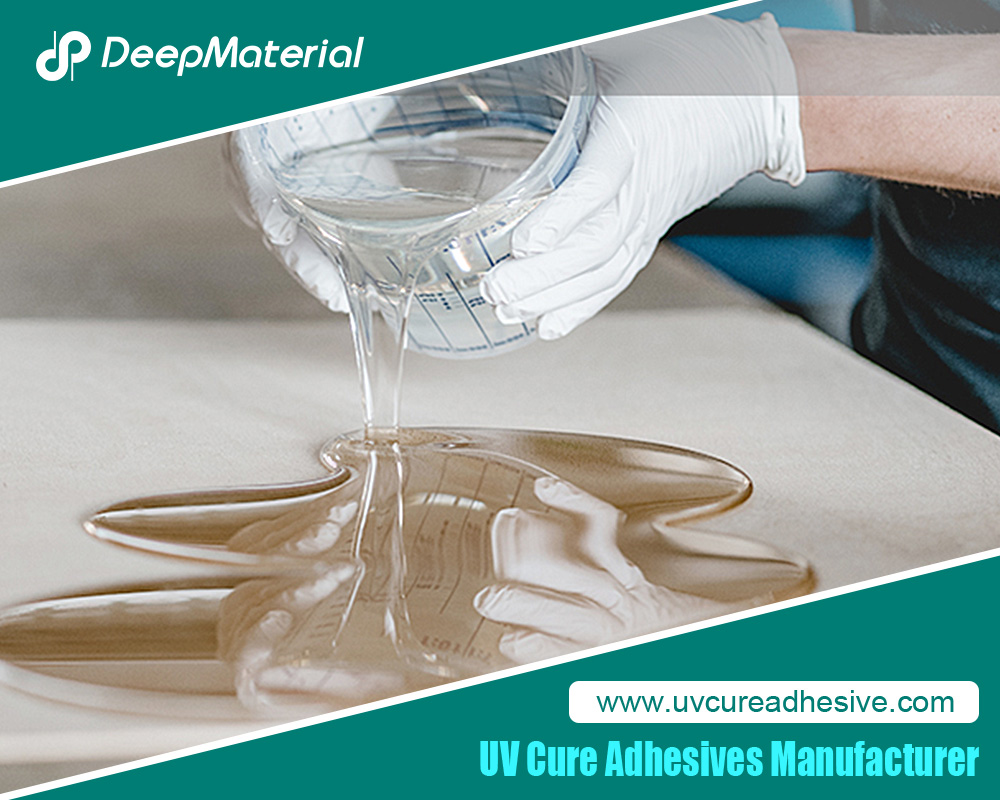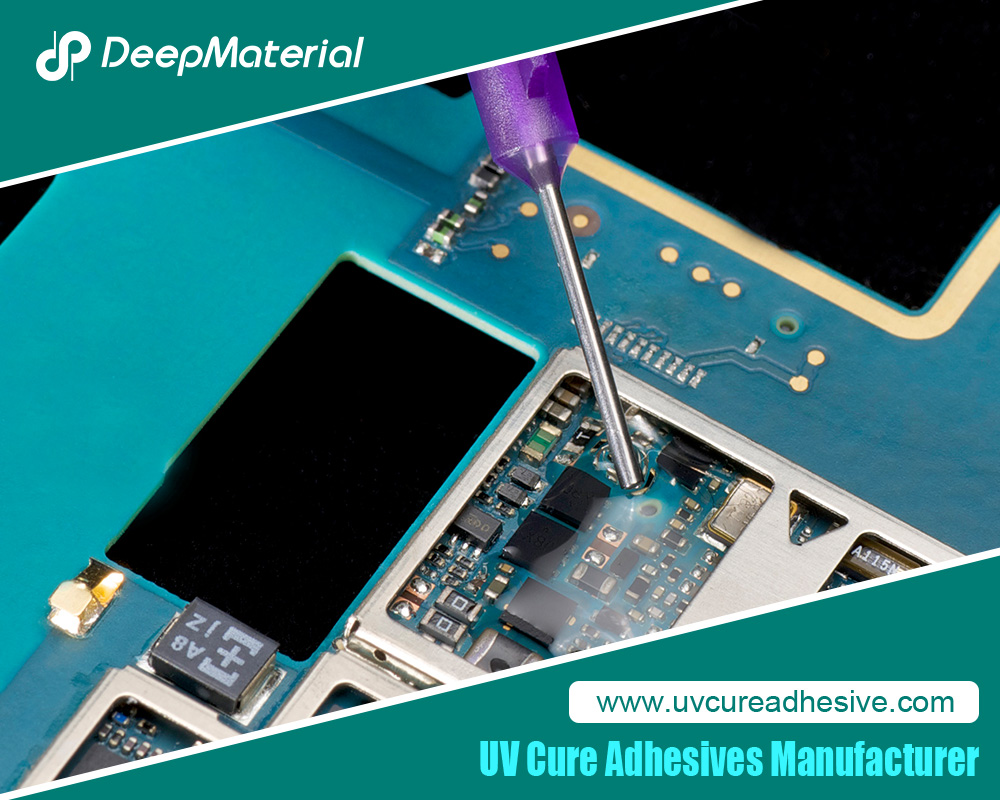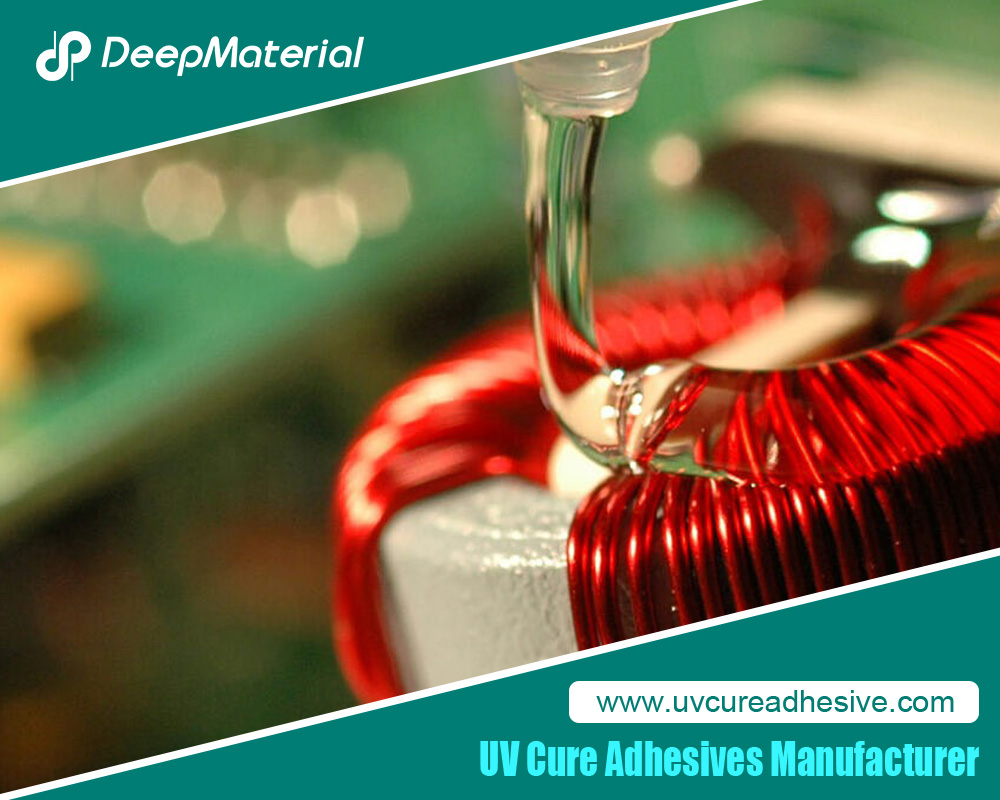Comprehensive Guide to UV Cure Conformal Coating Manufacturers
In the rapidly evolving world of electronics and manufacturing, the demand for reliable and high-performance protective coatings has never been greater. UV-cured conformal coatings have emerged as a critical component in safeguarding electronic assemblies from environmental hazards. This article delves into the realm of UV-cured conformal coating manufacturers, exploring their significance, the technology behind UV curing, and key factors to consider when selecting a manufacturer.
What is UV Cure Conformal Coating?
UV cure conformal coatings are protective layers applied to electronic components to shield them from moisture, dust, chemicals, and other environmental factors. These coatings are characterized by their ability to cure or harden upon exposure to ultraviolet (UV) light. This curing process is quick and efficient and results in a durable finish.
Benefits of UV Cure Conformal Coatings
- Enhanced Protection: UV cure conformal coatings provide excellent protection against environmental contaminants, which helps extend electronic assemblies’ lifespan and reliability.
- Quick Curing Time: Unlike traditional coatings that may require extended curing times, UV cure coatings harden almost instantly when exposed to UV light, allowing for faster production cycles.
- Uniform Coating: UV curing ensures a uniform and consistent coating, reducing the risk of defects or uneven application.
- Chemical Resistance: These coatings offer robust resistance to various chemicals and solvents, making them suitable for harsh environments.
Technology Behind UV Cure Conformal Coatings
UV cure conformal coatings are formulated with specific photoinitiators and polymers that react to UV light. The technology involves the following key components:
Photoinitiators
Photoinitiators are compounds that absorb UV light and generate reactive species capable of initiating the curing process. These reactive species, typically free radicals or cations, start a polymerization reaction that transforms the liquid coating into a solid film.
Polymers
Polymers are the backbone of conformal coatings. They provide the coating’s structural integrity and protective properties. Commonly used polymers include acrylics, silicones, and polyurethanes, each offering different advantages regarding flexibility, adhesion, and chemical resistance.
UV Light Sources
The UV curing process relies on specialized UV light sources, such as mercury vapor lamps or LED-based systems, to provide the necessary energy for the curing reaction. The choice of UV light source can impact the coating’s curing speed and penetration depth.
Key Considerations When Choosing a UV Cure Conformal Coating Manufacturer
Selecting a reliable UV cure conformal coating manufacturer is crucial for ensuring the quality and performance of the coatings. Here are some key factors to consider:
Experience and Expertise
A manufacturer with extensive experience producing UV cure conformal coatings is likelier to have the expertise to deliver high-quality products. Look for companies with a proven track record in the industry and positive customer feedback.
Product Range and Customization
Different applications may require different types of coatings. Choose a manufacturer that offers a wide range of products and can provide customization options to meet specific requirements. This includes varying the coatings’ thickness, flexibility, and chemical resistance.
Quality Assurance
Ensure that the manufacturer follows stringent quality control processes. This includes regular coatings testing for performance attributes such as adhesion, durability, and resistance to environmental factors.
Technical Support
Technical support is essential for addressing any issues that may arise during the application or curing of the coatings. A reputable manufacturer should provide comprehensive support, including application guidelines, troubleshooting, and after-sales service.
Compliance with Standards
Check if the manufacturer’s products comply with industry standards and regulations. This includes certifications such as RoHS (Restriction of Hazardous Substances) and REACH (Registration, Evaluation, Authorization, and Restriction of Chemicals), ensuring the coatings are safe and environmentally friendly.
Innovation and Research
The field of conformal coatings is continually evolving. Manufacturers that invest in research and development are more likely to offer advanced coatings with improved performance and features. Look for companies that stay abreast of technological advancements and provide innovative solutions.
Top UV Cure Conformal Coating Manufacturers
Several leading manufacturers specialize in UV cure conformal coatings, each known for their unique strengths and offerings. Here are a few notable examples:
Henkel
Henkel is a global leader in adhesives and coatings, including UV-cured conformal coatings. Its products are renowned for their reliability, advanced technology, and wide range of applications. Henkel’s UV-cured coatings are known for their fast curing times and excellent protective properties.
Electrolube
Electrolube is known for its high-performance conformal coatings, including UV cure options. They offer a variety of coatings designed for different environmental conditions and applications. Electrolube’s products are highly regarded for their durability and ease of application.
Dow Corning
Dow Corning, now part of Dow, provides a range of UV cure conformal coatings focusing on innovation and quality. Their coatings are designed to offer superior protection and performance, catering to various industry needs.
Shin-Etsu Chemical
Shin-Etsu Chemical offers a range of UV-cured conformal coatings focused on high performance and reliability. Their coatings are used in diverse applications, from consumer electronics to industrial equipment.
Kyocera Chemical
Kyocera Chemical is known for its advanced UV-cured conformal coatings, which provide excellent protection and durability. Their products are widely used in various industries, including automotive and electronics.
Applications of UV Cure Conformal Coatings
UV cure conformal coatings find applications in numerous industries due to their protective properties. Some typical applications include:
Consumer Electronics
In consumer electronics, UV-cured conformal coatings protect circuit boards and other electronic components from moisture, dust, and mechanical stress. This helps enhance the longevity and reliability of devices such as smartphones, tablets, and laptops.
Automotive Industry
In the automotive industry, UV-cure coatings protect electronic components and sensors from harsh environmental conditions, including high temperatures and exposure to chemicals. This ensures the optimal performance and durability of automotive electronics.
Medical Devices
Medical devices, including diagnostic equipment and implants, benefit from UV-cured conformal coatings because they provide a clean and protective barrier. These coatings help maintain the integrity and performance of sensitive medical equipment.
Industrial Equipment
UV cure conformal coatings are also used in industrial equipment to protect electronic controls and sensors from chemicals, heat, and mechanical wear exposure. This contributes to the reliability and safety of industrial operations.
Future Trends in UV Cure Conformal Coatings
The field of UV cure conformal coatings is continuously evolving, with several emerging trends shaping the future of the industry:
Enhanced Performance Properties
Manufacturers are developing coatings with enhanced properties such as improved flexibility, higher chemical resistance, and better thermal stability. These advancements are driven by the need for coatings that can perform in more demanding environments.
Eco-Friendly Solutions
There is a growing emphasis on developing eco-friendly UV cure coatings that meet environmental regulations and reduce the impact on health and the environment. This includes coatings with low volatile organic compound (VOC) content and improved sustainability.
Advanced Curing Technologies
The development of new UV curing technologies, including LED-based systems, enables faster and more energy-efficient curing processes. These advancements contribute to increased production efficiency and reduced energy consumption.
Smart Coatings
Emerging technologies are leading to the development of innovative coatings with self-healing properties or the ability to change color in response to environmental conditions. These innovations offer additional functionality and protection for electronic components.
Conclusion
UV cure conformal coatings protect electronic assemblies and ensure their reliability and longevity. Selecting a reputable manufacturer is crucial for obtaining high-quality coatings that meet specific application requirements. By considering factors such as experience, product range, quality assurance, and innovation, you can make an informed decision and benefit from the advanced technology of leading UV cure conformal coating manufacturers. As the industry continues to evolve, staying abreast of emerging trends and advancements will help leverage UV cure coatings’ full potential in various applications.
For more about choosing a comprehensive guide to UV cure conformal coating manufacturers, you can pay a visit to DeepMaterial at https://www.uvcureadhesive.com/ for more info.




